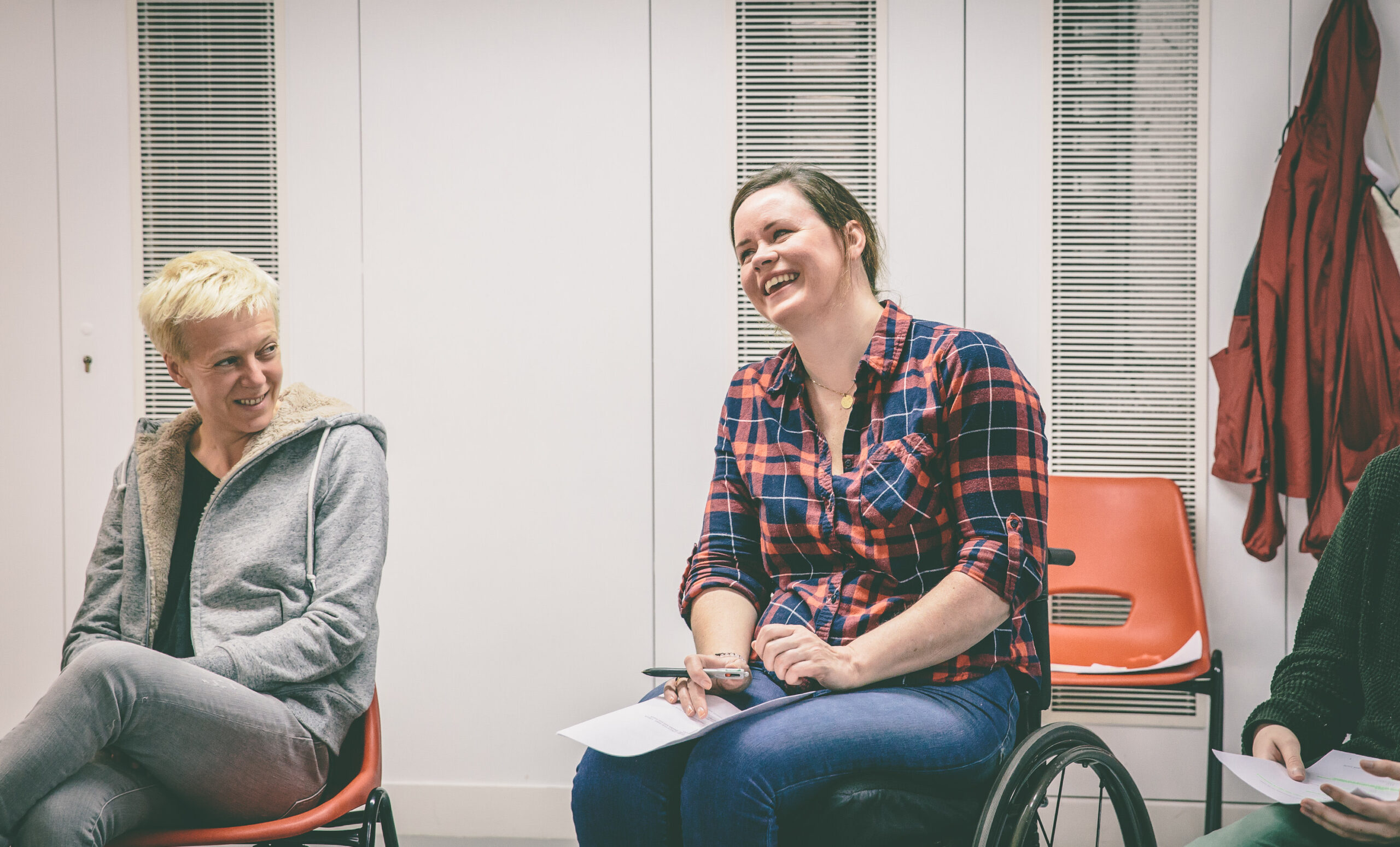How to establish practices for maintaining your mental health.
Keeping physically fit comes with lots of great, easy-to-follow advice. But keeping mentally healthy is far less obvious – it’s not just a matter of ‘thinking good thoughts’, and often it can be hard to control the factors that contribute to mental health, especially if you aren’t aware of them.
The perceived powerlessness that sufferers of poor mental health face is something that needs to be challenged – just like good physical health, good mental health is worth working towards. And there is plenty we can each do to set us on the path to better relationships, less stress, more balanced moods and a general happier outlook.
Here are a few tips to set you on your way towards optimal mental health:
Take Note of Your Behaviour Changes
Behaviour changes can be subtle – like sleeping more, or struggling to sleep, appetite fading or suddenly increasing, feeling more worried, etc. Sometimes these changes are quite gradual, making them hard to detect. Carol Chapman, registered Psychologist and Performance Coach, says, “Self-criticism, self-doubt – when things sort of increase in the background, perfectionism starts to kick in [The reaction] is different for different people. So, tiredness for some people. The short fuse for others”.
Recognising when you’re changing can be very tough, and it’s likely to be those around you who notice if you aren’t aware of the ways you react to stress. Try to take note of your feelings around times of heightened emotion or stress – do you notice any patterns of behaviour? Carol advocates tracing back the behaviour changes methodically to try and establish the cause: “If someone says to me ‘I found myself completely exhausted on Friday’, I say, ‘alright, so what happened on Thursday?’ We try and track it back and see if we can find the first indications of this starting to happen. Self-knowledge is very important”.
Be open to self-reflection and awareness
Beyond spending some time observing your own patterns – taking account of when you’re feeling low, or stressed – it’s important to know what pushes your ‘emotional buttons’. Opening up to unwanted emotions, thoughts, memories and images means becoming more accepting. Recognising triggers of these things means being more prepared to deal with them – it’s all about being prepared and resilient when the time comes.
Carol goes on to advise, “If there are issues unresolved from the past, it is important to seek out help to resolve them. Consider your emotional quotient – know your emotional limits and consider how a role will affect you. If there are traumatic experiences that may cause you emotional distress, it is important to address this if you can”.
Be kind to yourself
Actors are wonderful at looking in – it’s part of their training and attitude – but looking in has its downsides, so you can become very navel-gazing in an unhelpful sort of way, and that goes with the self-criticism.
Pushing through difficult times can help you move on with the things you need to get done in life, but it’s important to remember to be kind to yourself as well. Giving yourself a break, and being generous towards yourself, can help foster positivity and give you back some energy if you’re feeling emotionally drained. Make a point of noticing any positive, uplifting events and situations. Try writing them down each day – a practice of gratitude is a great thing to look back on in moments of distress.
As a performer, it can also be difficult to have clear ‘boundaries’ between work and other aspects of life, as jobs are often arranged at short notice, and you may feel you have to always be “on” or ready. Make sure to include time to relax and socialise in your day. Make a list of the things that always help or that you enjoy – it can be as simple as eating a donut, having a bath, or sitting in a café. The simpler the better in fact, so that you always know what small things can help bring back your good vibes.
Nurture your relationships
Another big thing is being social, so having friends, going out, using your friends and family, partner and contacts. Developing those important relationships that feed and nurture us. And at the same time, distancing ourselves in whatever way is appropriate from those toxic relationships, in whatever way is possible.
When you’re not feeling your best, relationships can be affected. Behaviour changes are not always well understood by those around you, and reactions can be unpredictable in times of real distress. The important thing, however, is to keep nurturing connections regardless – seeking out community wherever you are most comfortable. This is part of the process of moving outside of yourself and your concerns, turning to those relationships that build us up. Recognising toxic relationships can be tough, but there’s always a way to minimise these, and reduce interactions that bring us down.
Experiment with what will help most
There are lots of sources of advice and counselling – not all of them will work for everyone. A major challenge of talk therapy is choosing someone who you click with, which can be tough when you cannot afford to go private. Carol says:
Having someone who you think you can trust is absolutely fundamental. It is very hard for people to find somebody. Age, gender, sexuality, ethnicity – lots of factors enter into it. Unless you can be with a talking therapist who you can feel comfortable with you can’t do talk therapy! It’s ok to try people, even if it’s Skype or on the phone, just give it a go. Be as well informed as possible.
Start by figuring out what it is you want to get out of it. Do you just need someone to listen? Do you want to learn particular techniques? BAPAM have an excellent guide on how to choose a therapist that can help you get started.
Choosing someone who is familiar with the kinds of problems performers come up against can also be very helpful, and give you a degree of flexibility not normally on offer:
Performer-friendly clinicians will know that things come up and you have to cancel at the last minute, where many traditional therapists might not understand.
Make sure to ask for help
If you’re struggling, it’s vital that you ask for help. Plenty of performers will carry on as though everything is fine (you can read some of their stories here and here).
Choose reputable organisations that can point you in the right direction:
If anyone is tempting you with a big website and big claims, look very carefully indeed at what their qualifications and experiences are. And if you need help [with that], come through to somebody like BAPAM because we can help talk you through whether someone with this particular background actually represents anything… Come to Spotlight, go to the Actors Centre – there’s always somebody that can point you on the way. Somebody you can trust who knows what they’re talking about.
Ultimately, there is no shame in asking for help when you need it. BAPAM offer free first assessments to performers to get you on your way:
…the details that will emerge out of the conversation will help direct them towards the next best step. So, that’s a good start. The other route – if it’s urgent and you’re very distressed – go to your GP with, if you can, a very loud clear message that you’re a particular kind of person, you’re a performer, you have particular needs and if you are a very active performer, you may also have a lot of physical stuff that they’re unaware of and can’t join up in the way that they would if you were a runner or a sports person.
Remember that you’re not alone
It can be easy to feel alone when things are tough – like only you can find the solution, or only you understand what it feels like to experience what you are experiencing. Chances are, more people around you than you realise have gone through similar experiences in their lives. You are definitely not alone.
Fighting the stigma means opening up the forum for discussion on mental health – feeling supported enough to be honest and share experiences. If there are concerns you’re dealing with and want more information on, feel free to talk to us via Twitter.
If you need urgent help, there are lots of ways to get help now. If you want to take advantage of a free consultation via BAPAM, give them a call on 020 7404 8444.












